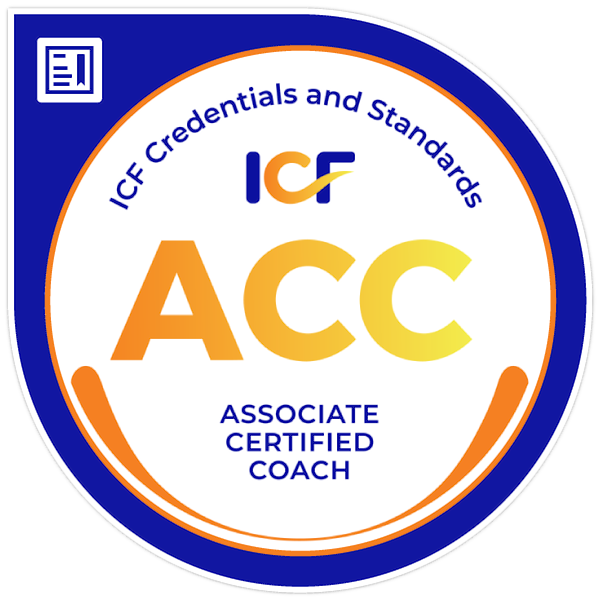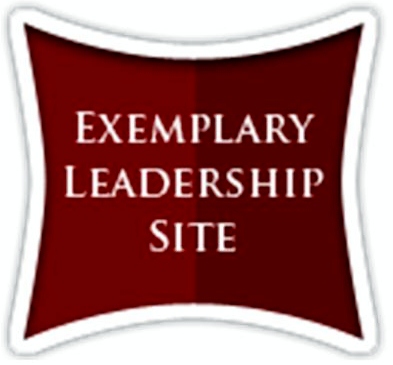Any manager who does not take values into account—both his own and other people's—will be a bad manager. ANTONIO ARGANDOÑA Values Clarity & Congruency's Impact on Work Outcomes Values clarification originated in the United State’s education system in the 1950’s by Louis Raths. It migrated into psychology by such figures as Lawrence Kohlberg in his moral development theory and by Carl Rogers into psychotherapy. But it wasn’t until the 1980’s and 90’s that it became popular in both cognitive-behavioral and other forms of therapy and in the self-help industry. It eventually made it’s way into business through human resources and organizational and leadership development work. Jim Kouzes and Barry Posner have been studying exemplary leaders for over 30 years. They advance their finding that the most admired leaders have one quality that stands out above all others: They have strong beliefs about matters of principle—they have a clear set of values that they live and lead by. They point out in their book, The Leadership Challenge Sixth Edition: How to Make Extraordinary Things Happen in Organizations, that leaders who express clarity about their own personal values are significantly more committed to their organization than those who are not. Clarity of personal values also positively impacted outcomes such as job satisfaction, turnover intention, and organizational pride. While clarity of organizational values also had some impact, it was personal values that made the difference. Absent clarity of personal values, being clear on organizational values did not by itself significantly impact those metrics. The studies they drew on came from 1990 and replicated again in 2010. Fast-forward to January of this year when Posner and Han extend these findings in a new study with a more global and much larger sample size. They focused on the impact that personal values' congruency, or the level of agreement or consistency between personal and organizational values, and organizational values clarity had on organizational commitment, motivation, and productivity. What did they find? Personal values congruency had a greater impact on organizational commitment, while the opposite was for true for motivation. Motivation, like "I would work harder and for longer hours if the job demanded it," was impacted more by clarity of organizational values. They both had an equally important impact on productivity. The authors said, "The lowest levels of commitment, motivation, and productivity were consistently found among those respondents who were low on both personal values congruency and organizational values clarity." So, values (still) matter. Purpose & Meaning at Work I don't have to tell you (again) how employees today are craving deeper meaning and purpose at work and all of the metrics that greater meaning and purpose at work impact. But I want to draw your attention to the bottom line: Financial performance. In a 2019 study, Corporate Purpose and Financial Performance, researchers were given access to the Great Places to Work Institute's, massive database. They conducted a data analysis of survey responses from nearly 500,000 employee's, from over 400 organizations, and at all levels within the organizations. The data spanned six years. Financial performance was assessed via operating return on assets (ROA) and Tobin's Q. What did they find? First, they identified two types of organizations with greater meaning and purpose:
Which one had the superior accounting & stock performance? High purpose-clarity organizations—and with up to a nearly 8% annual risk-adjusted stock return advantage. A Surprising Discovery And here's the surprising discovery: While senior executives reported the highest meaning and purpose at work (like you might expect), it was middle managers who drove meaning and purpose, and therefore the greater financial gains. The authors put it this way, "It is solely the middle managers and salaried professionals that drive the relation between high purpose-clarity organizations and financial performance." Purpose (still) matters. Conclusion Clarity and congruity of personal core values, organizational values, and meaning and purpose at work still matters. Senior executives need to realize and leverage the role that mid-level professionals and managers play in the interplay between them and key outcome metrics such as engagement, organizational commitment, job satisfaction, turnover intention, organizational pride, motivation, productivity, and financial outcomes. The Purpose-Driven Leadership Program can help you do that. It is a unique, powerful, enriching, empirically-driven, and engaging leadership developmental experience. Leaders who have gone through the program have called it "great," "engaging," "strong," and "brilliant." It can be delivered completely online and on-demand, hybrid, or as in-person workshops—whichever best meets you and your team's needs. Reach out to me today: Alan Mikolaj's Contact Information
Have an amazing journey today! Alan Mikolaj is a seasoned coach and leadership development consultant with nearly 20 years of experience. He is passionate about helping leaders transform their leadership, their teams, and their organizations. He has an impactful, professional approach driven by a passion for meaning and purpose, a growth mindset, and a commitment to excellence and service in order to drive change and results. Alan holds his Master of Arts in Clinical Psychology and Associate Certified Coach credential with the International Coaching Federation (ICF) and maintains their ethics and standards of behavior, including the standards regarding confidentiality. You can learn more about them on the ICF website. Transformational change starts with a conversation! Alan is on a mission to partner with like-minded leaders who want to make a positive difference in the world. Schedule your free, one-hour session by clicking here: Discovery Conversation with Alan Or call or email: Contact Page
0 Comments
Leave a Reply. |
Alan Mikolaj
Alan Mikolaj is a a professional, experienced, positive, and passionate speaker, leadership and organizational development consultant, change agent, author, and coach. He holds his Master of Arts degree in Clinical Psychology from Sam Houston State University. He is a certified graduate coach from Coaching Out of the Box and holds his ACC and membership with the International Coaching Federation (ICF). Free Discovery Conversation!
Impactful change starts with a conversation! Schedule your free, one-hour session by clicking here: Discovery Conversation with Alan
Or call or email: Contact Page In his third book, A Travel Guide to Leadership, Alan offers you simple, fundamental, and powerful lessons that have the power to transform you, your relationships, and your career.

Blog Archives
July 2024

Linked2Leadership
Ranked #1 Business Blog! |
|
CONTACT
TEL: 346-291-0216 EMAIL: [email protected] SCHEDULE TIME WITH ALAN Free Discovery Conversation with Alan |









